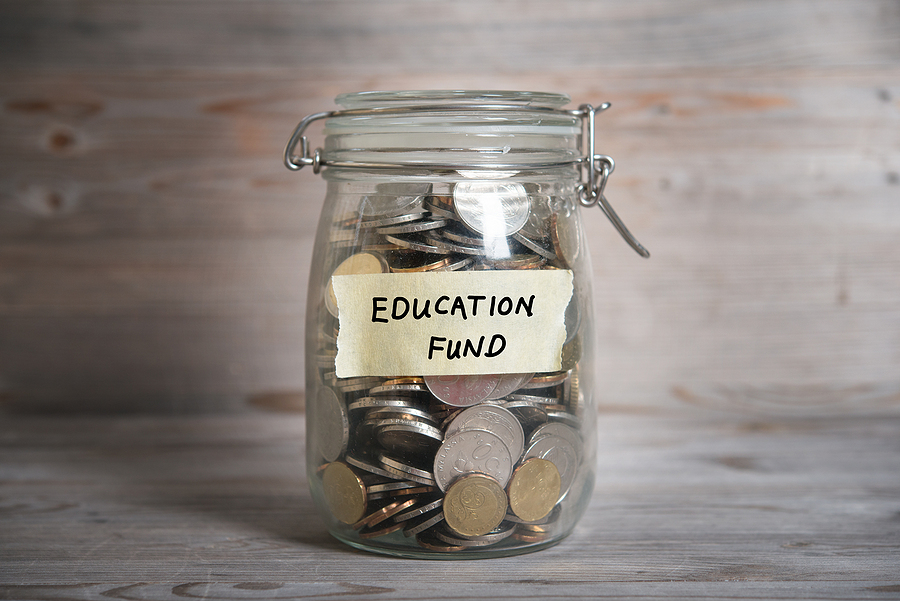How Much Does School Funding Matter? Depends Who You Ask

A sharply divided political debate has emerged in Pennsylvania about whether increased funding leads to better outcomes in student performance.
It has ensnared the nation’s top academicians who, like Democrats and Republicans, tend to fall into the divergent camps: Money matters or no it does not.
But one school advocate told DVJournal those schools of thought ignore the middle ground: Yes, decades of research shows increased school funding leads to better outcomes for students. But money must also be smartly invested by districts, especially in early childhood education with compelling evidence showing “very clear payoffs.”
“I don’t think it’s quite as simple as all Republicans are against funding our schools and all Democrats want to fund our schools,” said Laura Boyce, executive director of Teach Plus Pennsylvania.
She pointed to Sen. Pat Browne as an example. The Republican, tapped as Gov. Josh Shapiro’s secretary of revenue, chaired the commission that created a new funding formula for Pennsylvania schools.
“School funding is an extremely complex topic. Any type of … assessment of either money is going to solve all of our problems or there’s no amount of money you can throw at the problem therefore we shouldn’t do anything to reform our school funding system or to try to ensure both of those are way too simplistic,” Boyce said.
But that was exactly the argument the state’s Independent Fiscal Office made when it in wrote in a report that “the data suggests there is little or no correlation” between the funding and student outcomes.
Democrats immediately pounced on the suggestion, saying it mirrored arguments made by Republicans in a trial over the way the state pays for public schools, Spotlight Pa reported.
The case, filed by a handful of districts and advocates in 2014, centers on the state’s “heavy reliance on local property taxes” to fund public school districts, which creates imbalances between poorer and wealthier districts, Spotlight PA reported.
Organizations that support the lawsuit said the state has underfunded schools by $4.6 billion with a growing funding gap of about $4,800 between poor and wealthy districts.
The Pennsylvania School Boards Association said 38 percent of public education costs are covered by the state with local districts making up the difference through property taxes. That ranks Pennsylvania among the bottom five in the nation for its share of K-12 education funding.
Democrats feel the gaps discriminate against certain students and violate the state constitution while Republicans have suggested throwing more funding at struggling schools won’t improve outcomes.
Arguments in the case wrapped up months ago and a decision, now in the hands of Commonwealth Court Judge Renée Cohn Jubelirer, is likely to be appealed either way, WHYY reported.
Lawmakers split across the aisle have pointed to research on both sides of the debate.
A report from Rutgers professor Bruce Baker concluded that “aggregate measures of per-pupil spending are positively associated with improved or higher student outcomes.”
On the other hand, the Commonwealth Foundation found 78 percent of 8th graders were not proficient in math and 47 percent weren’t proficient in language arts despite increased funding.
It also cited a 2014 study from libertarian think tank, the Cato Institute, that also claimed there was “essentially no link” between the two.
Baker says both Democrats and Republicans are guilty of playing both sides of the fence in the debate. He pointed to comments that former New York Gov. Andrew Cuomo made during his 2011 State of the State address when he declared the Empire State “spend[s] too much, but we get too little in return. We spend more money on education than any state in the nation, and we are number 34 in terms of results.”
Stanford economist Eric Hanushek is often trotted out as a foil to Baker, who called his counterpart “education’s merchant of doubt.” Hanushek has long argued that increased spending doesn’t necessarily translate into better outcomes for children.
Critics suggest his observations rely on “decades-old studies with crude methodologies,” according to Vox.
Yet both experts concede the other side isn’t totally wrong.
Hanushek said during Pennsylvania’s public education funding trial that “money can matter. It probably, at times, matters. The problem is that we don’t know when it’s going to matter,” Vox reported.
And Baker believes “other factors may moderate the influence of funding on student outcomes,” while adding that money must be “spent wisely to yield benefits.”
Boyce, the teaching advocate, believes now is not the time to skimp on public education funding despite a downward trend in student enrollment.
“We see overwhelming evidence of learning loss post-pandemic,” she said. “I think it’s a little bit too simplistic to say. ‘Oh, well, schools don’t need the money anymore.’ You have to take a more complex view beyond just, ‘What are the enrollment numbers?’”
Please follow DVJournal on social media: Twitter@DVJournal or Facebook.com/DelawareValleyJournal



